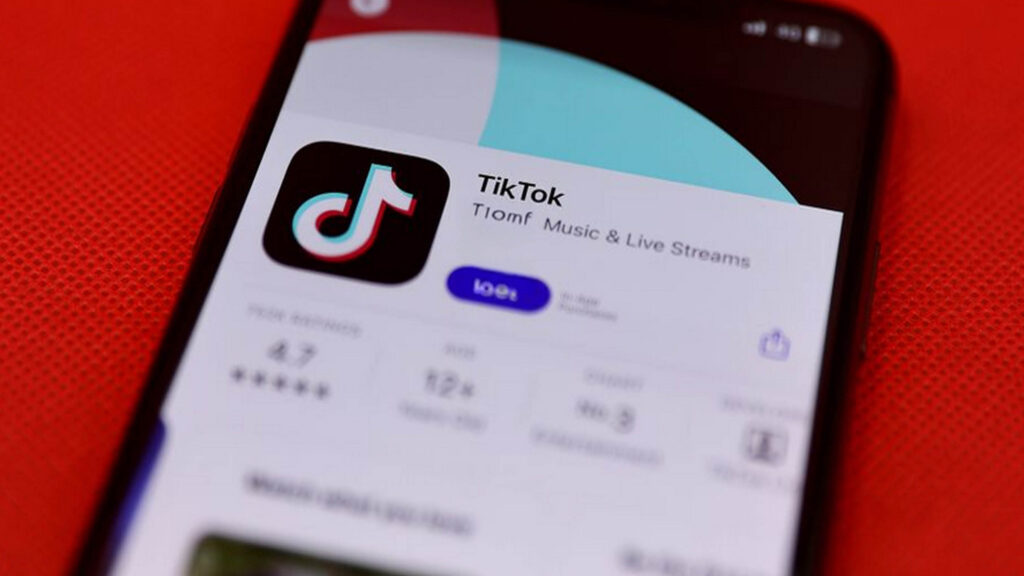
A recent ruling from a US appeals court has dealt a significant blow to TikTok’s operations in the United States. The court upheld a law that could lead to a nationwide ban on the platform, rejecting TikTok’s claim that the law violated the First and Fifth Amendments of the US Constitution. The judges concluded that the legislation, which targets the app’s ties to China, does not contravene free speech rights or guarantee of equal protection, putting TikTok one step closer to being banned starting January 19, 2025.
Appeal Looms as TikTok Resists the Law
Despite the unfavorable ruling, TikTok has vowed to appeal the decision, citing its concern over the suppression of free speech. TikTok spokesperson Michael Hughes emphasized the platform’s role in allowing over 170 million Americans to express themselves and communicate globally. The company argued that the law, which mandates a sale of TikTok to a non-Chinese owner or a ban, is based on inaccurate and flawed information. In addition to the legal battle, ByteDance, TikTok’s Chinese parent company, has firmly stated it will not sell the platform.
National Security Concerns Drive Legislation
The law was enacted following years of scrutiny by US lawmakers over potential national security risks posed by TikTok’s connections to the Chinese government. Lawmakers fear that ByteDance could be compelled to share American user data with the Chinese government or influence the platform’s algorithm to spread propaganda. TikTok’s legal defense focused on its belief that its data practices do not pose a threat to national security. However, the appeals court sided with the government, ruling that the legislation specifically targets China’s influence over the app and does not impede free expression.
Implications for TikTok’s Future and the Social Media Landscape
If TikTok’s legal appeals fail and the ban is enforced, it would disrupt the social media landscape, especially affecting content creators and small businesses dependent on the platform. Analysts predict that competitors like Meta, YouTube, and Snap could benefit from TikTok’s loss. At the same time, civil rights groups like the ACLU have raised concerns over the potential First Amendment violations of banning the platform. They argue that such a move would set a dangerous precedent for the suppression of communication platforms in the future.
Uncertainty Remains for TikTok’s Fate
The ruling has raised questions about the future of TikTok in the US, with users and lawmakers alike weighing in on the consequences. While former President Trump initially pushed for a ban during his first term, he has recently expressed opposition to banning the platform, signaling potential political shifts ahead. The outcome of the ongoing legal battles will determine whether TikTok can continue to operate or if the government will succeed in forcing ByteDance to divest the app. The situation remains fluid, with the potential for dramatic changes in the months to come.
_________________________________________________________________________________________________________________
For read specific news visit again https://khudaniajournal.com

